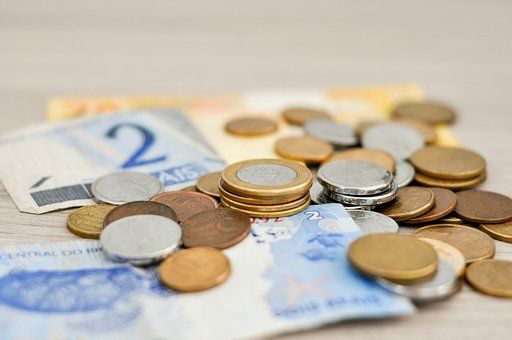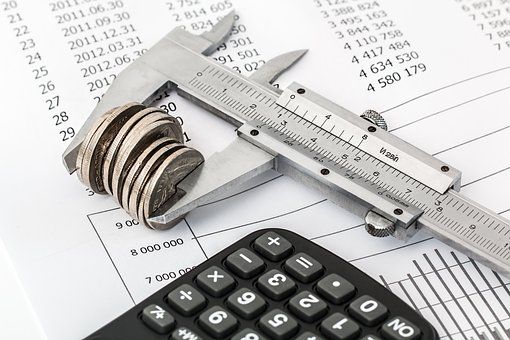7 Budgeting Myths Stopping People From Living On A Budget

There are certain misbeliefs about budgets that easily hold people back from trying them out. Since myths are usually false ideas surrounding any topic, they need to be corrected. Budgeting myths are misleading and can discourage people who are new to using budgets. They can even negatively influence people who already use them. Let's clarify some of these myths below:
MYTH 1: I Don't NEED A Budget
Contrary to popular belief, budgets are highly beneficial. You need a budget to maintain good personal finance and build wealth in the long run. A personal Budget is what can correct bad spending habits, teach you to save, and meet your financial goals in good timing. In other words, Budgets create discipline and encourage financial accountability. If you want to put the money you earn to work for you i.e investing, saving, etc. budgeting will make that happen. If you need to find more reasons why you "need" a budget, study more reasons why personal budgets are important.
MYTH 2: I Have To Be Good At Maths To Budget
Yes, you need to do some maths in budgeting but you don't have to be good at maths. Mathematics consists of four branches – algebra, number theory, geometry, and arithmetic – but to live on a budget you only need basic arithmetic. There is no need for complex mathematics formulas only additions, division, subtractions, and sometimes multiplication. The Maths in budgeting is nothing a calculator can't help with. Also, if you use budgeting applications like the Everyday Money app, most of that maths are done automatically. You merely have to understand how to use the application and make your income available to be managed effectively.
MYTH 3: Budgeting Takes Too Much Time

Of course, creating a financial plan will take some time, but not too much time. Budgeting really only takes some time at the initial stage. Once you create a template for a daily, weekly, or monthly budget that works for you, you don't need to spend time on that again. You also need to evaluate your priorities, and once you consider getting your finances in order as an important task, creating some time to fix your budget shouldn't be a problem.
MYTH 4: I Can Budget In My Head
It can be very tempting to allocate your financial resources in your head to different goals and assume you are using a budget in your head. But when it comes to taking action on those in-head allocations, the memory may not be reliable. An old Chinese proverb states, "The palest ink is better than the sharpest memory". It pays off to have a visual representation of your budget, write it out or create it with your favorite budgeting application. When you make a budget in your head, you have not made a budget.
MYTH 5: I Don't Earn Enough To Save From
Considering the cost of living in Nigeria is currently high –lots of goods have doubled in price and most people are still earning the same as before – living on a budget or saving seems impossible. However, in situations where many things are expensive, living on a budget is more useful to help manage finances. Budgeting is not just about saving but also about using the money you have in the best possible way.

Once you have the determination to save and live on a budget, it can be done. You just need the right directives. Evaluate your income, track your expenses, and determine areas where you can reduce spending and translate them to savings instead. When you use a budget, you're more inclined to stick to the plan. No matter how little you earn, as long as the earnings are consistent, there is an even smaller portion you can sacrifice for your savings.
MYTH 6: Budgets Are Only For Businesses Or Poor People
Budgets are often seen as an administrative tool for businesses or for people who don't have enough money. Budgets are not for certain groups, but for everyone with income, even children. It may seem as though budgets help poor people manage the little they have but they also keep the rich from mismanaging money and help companies allocate resources effectively.
MYTH 7: I have Savings, I Don't Need A Budget
Savings are not the whole essence of budgets, as mentioned earlier in Myth 5. A personal Budget shows an estimate of your revenue and expected expenses for a given period. Savings is the money left over after your expenses are subtracted from your income in your period. Living by a Budget has the power to not just increase your savings but also direct your savings toward critical financial goals. Your budget doesn't just help track spending patterns, but also projects the future and helps make more effective financial decisions. You may have savings already, but you can do much more with budgets.

The only thing that should be stopping you from making a budget and sticking by it, is having no income at all. There are more than a handful of reasons why budgets will improve personal finance. If you don't know where to start, read more articles that can educate you or try a reliable budgeting application. Try a budget today and take charge of your finances.



